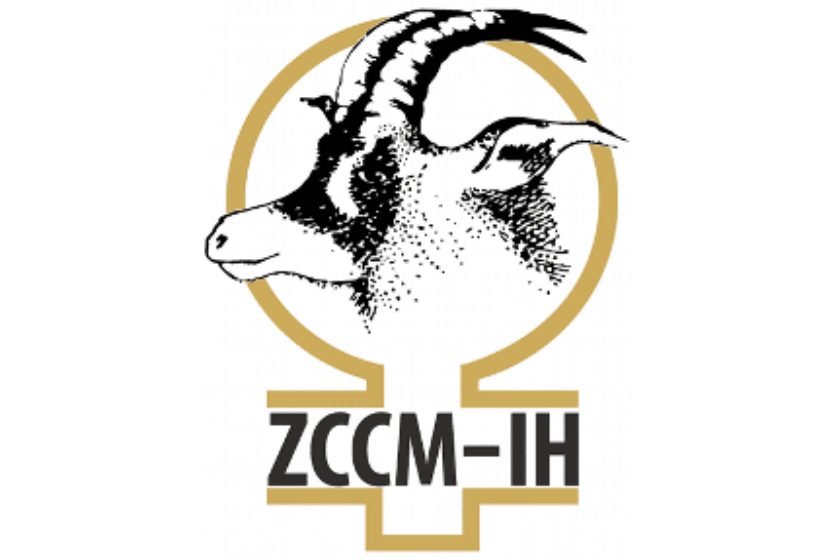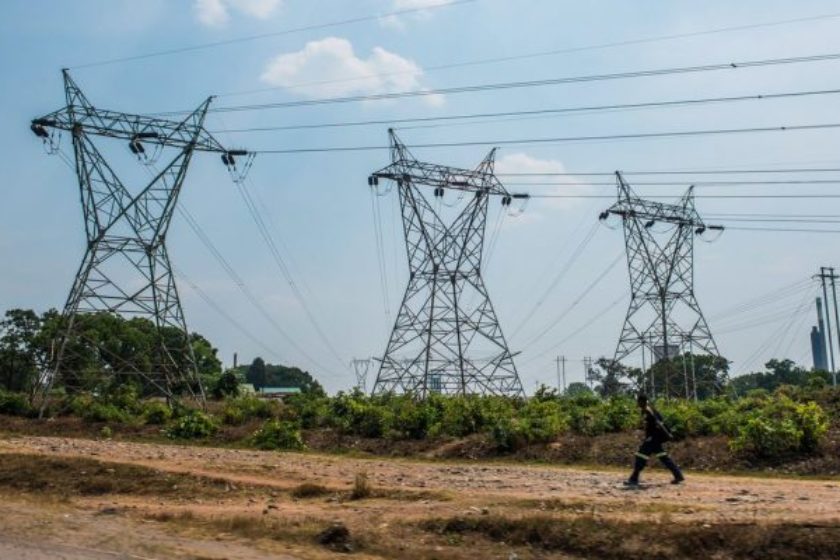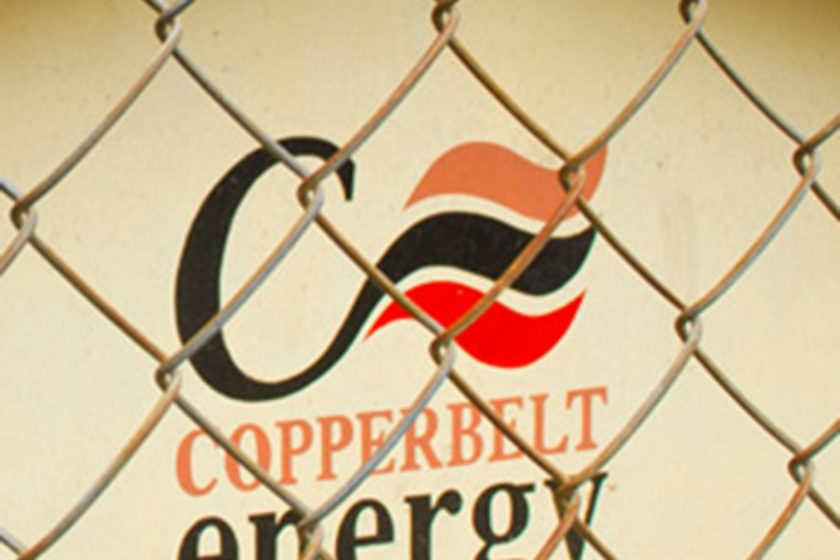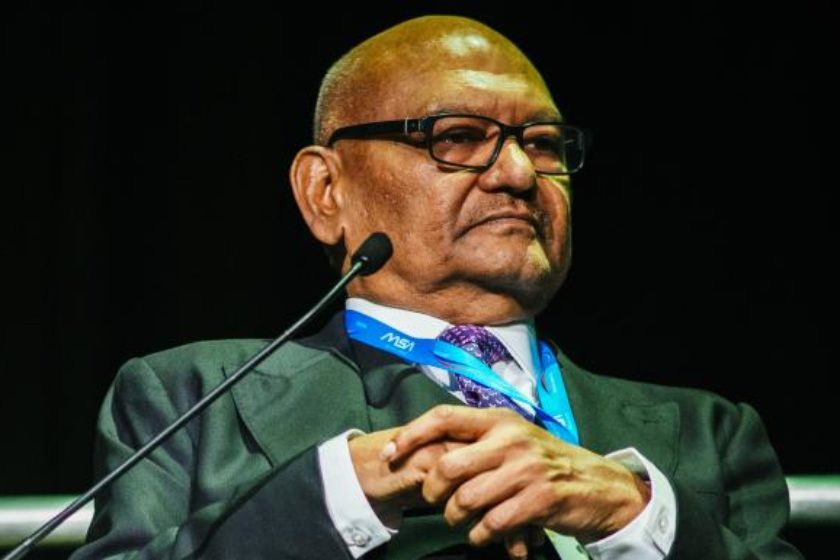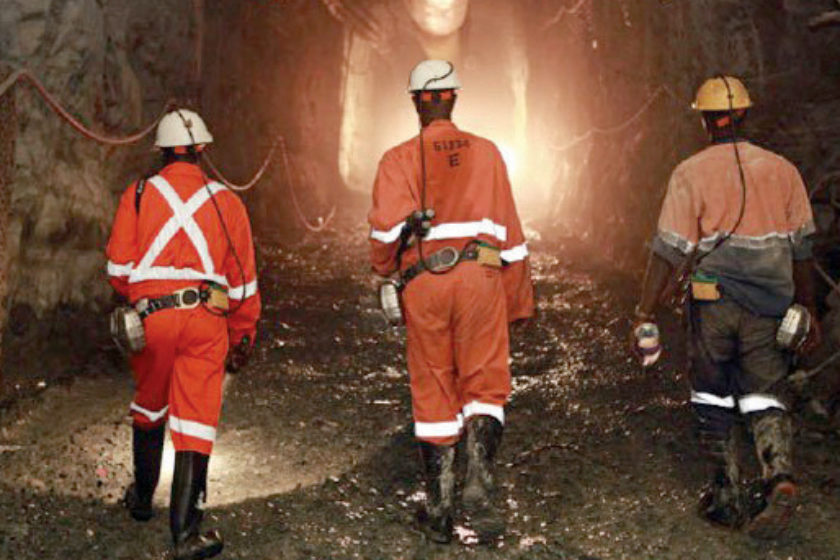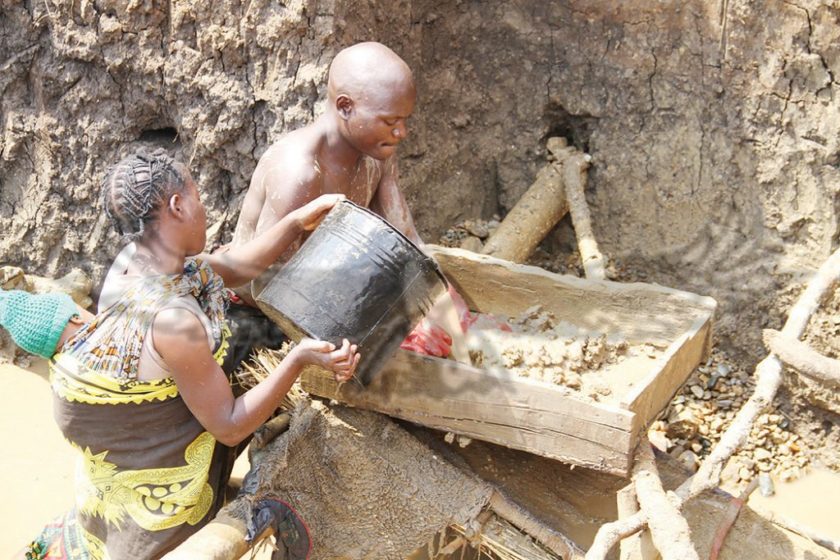 London copper prices steadied on Monday after falling sharply in the previous session, while zinc hit a two-week high as the soon-to-be signed Phase 1 trade deal between the United States and China boosted prospects of higher demand.
London copper prices steadied on Monday after falling sharply in the previous session, while zinc hit a two-week high as the soon-to-be signed Phase 1 trade deal between the United States and China boosted prospects of higher demand.
A Chinese delegation is planning to travel to Washington on Jan. 13 for the signing of the U.S.-China Phase 1 trade deal, the South China Morning Post reported on Sunday.
Monetary policy easing by Beijing and a better-than-expected manufacturing performance from China in December were also creating a favourable backdrop for copper, Argonaut Securities said in a note.
FUNDAMENTALS
* COPPER: Three-month copper on the London Metal Exchange was flat at $6,129 a tonne by 0740 GMT, after shedding 1% on Friday. The most-traded March copper contract on the Shanghai Futures Exchange closed down 0.6% on 48,760 yuan ($6,990.58) a tonne.
* ZINC: The metal used to galvanise steel rose as much as much as 1.4% to $2,339 a tonne, its highest since Dec. 23 on concerns about falling stocks MZN-STOCKS, which stand at just 51,125 tonnes in LME-registered warehouses. ShFE zinc closed up 1.5% on 18,110 yuan a tonne.
* ZINC SPREAD: The premium of cash LME zinc over the three-month contract CMZNo-3 stood at $14.75 a tonne on Friday, the highest since Dec. 2, indicating tight near-term supply.
* COPPER: Canadian miner First Quantum Minerals Ltd is weighing investment of around $1 billion to lift output at Africa’s biggest copper mine in Zambia despite a feud with state miner ZCCM-IH over project funding.
* OTHER METALS: The LME complex was mixed, with aluminium slipping 0.4% and lead losing 0.5%. Nickel edged up 0.2& while added 0.3%.
* ALUMINIUM: Aluminium stocks held at three major Japanese ports AL-STK-JPPRT at the end of November were up 0.9% at 321,200 tonnes from the previous month, Marubeni Corp said.
MARKETS NEWS
* Tensions in the Middle East after the killing of a top Iranian general by the United States pushed an index of Asian shares off an 18-month high as investors pushed safe-haven gold near a seven-year high, and oil jumped to four-month peaks.
PRICES
BASE METALS PRICES 0740 GMT
Three month LME copper 6128.5
Most active ShFE copper 48760
Three month LME aluminium 1816.5
Most active ShFE aluminium 14105
Three month LME zinc 2327
Most active ShFE zinc 18110
Three month LME lead 1910
Most active ShFE lead 14755
Three month LME nickel 13790
Most active ShFE nickel 108190
Three month LME tin 16850
Most active ShFE tin 134570
BASE METALS ARBITRAGE
LME/SHFE COPPER LMESHFCUc 519.8
3
LME/SHFE ALUMINIUM LMESHFALc -396.08
3
LME/SHFE ZINC LMESHFZNc -422.09
3
LME/SHFE LEAD LMESHFPBc -710.97
3
LME/SHFE NICKEL LMESHFNIc -2748.14
3
($1 = 6.9751 Chinese yuan renminbi)

